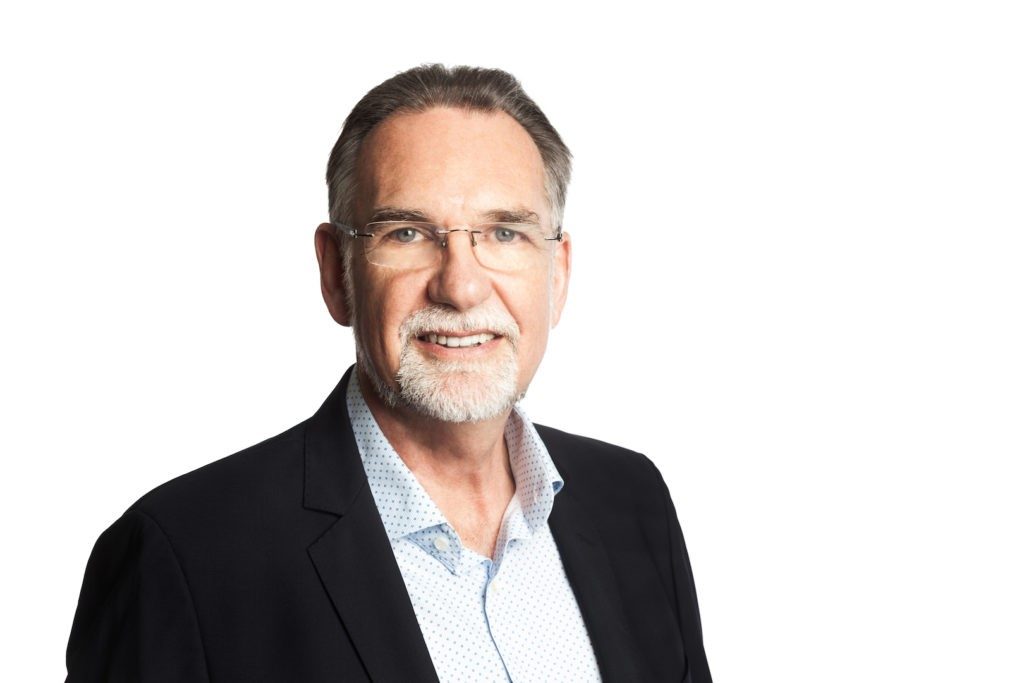Extract from ETERNITY MAGAZINE:
Who’s pastoring the pastors?
It’s time for the church to get professional about supervision
REBECCA ABBOTT | AUGUST 23RD, 2019
Here’s a sad truth for the church: for every serving Pastor, another Pastor has resigned.
This telling statistic came from John Mark Ministries over 15 years ago and, unfortunately, it’s a trend they predicted would worsen over time. So today, there could well be more ex-pastors who have left the ministry to pursue other careers than there are pastors who have stayed on to slog it out in church work.
In a profession where the boundaries of time and responsibility are blurred, and in which people’s souls are at stake, burnout seems almost inevitable for many in church leadership.
“They are endeavouring to be all things to all men and women. They’re often very skilled in a number of areas, but as a lone pastor or priest, they have to step out of their skill area and do other things,” says Chris Harding, who has been coaching church leaders for over a decade and is part of the Australian Coaching Collective.
“They are a priest first and foremost, but they end up being a financial manager, an administrator, all these other things that actually take them away from their calling of being a priest or pastor. Then of course, many have a family and that’s a real struggle too.”
Harding outlines other issues facing church leaders: managing relationships within the church staff team and in the congregation; dealing with cultural differences; disunity, such as that between traditionalists and modernists; and theological differences.
Is coaching the answer?
Despite these weighty issues, the only way many church leaders reflect on the stresses in their work is through an occasional chat with someone else in the ministry team. In fact, only one-third of church leaders receive formal mentoring, coaching or spiritual direction, according to a report given to the Australian Coaching Collective by NCLS Research (based on data from the 2016 National Church Life Survey). The report draws on responses of 1015 church leaders, in which another third said they receive only informal personal mentoring, while 27 per cent are not receiving any form of mentoring at all.
This is simply not good enough, according to Harding and his colleagues, who believe coaching is key to avoiding or at least minimising the attrition rate of church leaders.
“It’s easy as a professional Christian to get so caught up in business that you lose sight of the Christ who is actually the one driving you … The coach will challenge them to think, reflect and go deeper, and find what God is calling them to do,” Harding explains.
He further defines the aims of coaching: “The coach enables [the church leader] to make objectives or targets, goals and challenges … and be kept accountable in order to achieve those … The coach doesn’t pour in; the coach draws out … So they’re solving their own problems and challenges. But it’s hard to get to the heart of it without help because the pressure is too great.”
Harding notes the difference between coaching and mentoring: “The advantages of mentoring is that [the mentor’s] experienced within the role. So they’re not just drawing out but they’re pouring in – they’re speaking from their experience. But mentoring is … not as structured. It is more a conversation.”

A member of the Australian Coaching Collective
Meanwhile, Harding and many of his coaching colleagues have undergone at least nine months of training (often through CoachNet). It’s important to note that there are no government stipulations around the accreditation either professional supervisors or coaches in Australia.
Feedback from the front line
To demonstrate the difference coaching can make, Harding suggests Eternity speak with Claye Middleton, who heads Freshwater Anglican Church in Brisbane. Middleton was part of a coaching trial offered by the Anglican Diocese of Brisbane in recent years.
“Coaching has been invaluable,” says Middleton. “It provides a large amount of clarity and it also uncovers the areas that you need to improve and work on. Just knowing you have the support to do that, creates confidence and surety in your direction.”
He adds that coaching has also helped in “unveiling passions that might have been forgotten or overlooked … Also, it’s a really good way to connect our goals to the underlying theology. Just talking with someone helps to bring that out.”
“It provides a large amount of clarity and it also uncovers the areas that you need to improve and work on.” – Claye Middleton
While Middleton presumes he can’t continue long-term coaching after the trial (due to the financial realities of having four children), there is good news for him and other church workers in the Anglican Diocese of Brisbane. Another trial, this time of professional supervision, is under way, to be completed in February 2020.
If this program does lead to a roll-out of mandated professional supervision in Anglican churches, or even if other churches offer coaching or mentoring as a first step towards meeting the royal commission’s recommendations, then Middleton suggests church workers grab these services with both hands.
In a final word about his coaching experience, he says: “I would highly recommend it to absolutely anyone and, if it was available, I’d take it up any day.”








